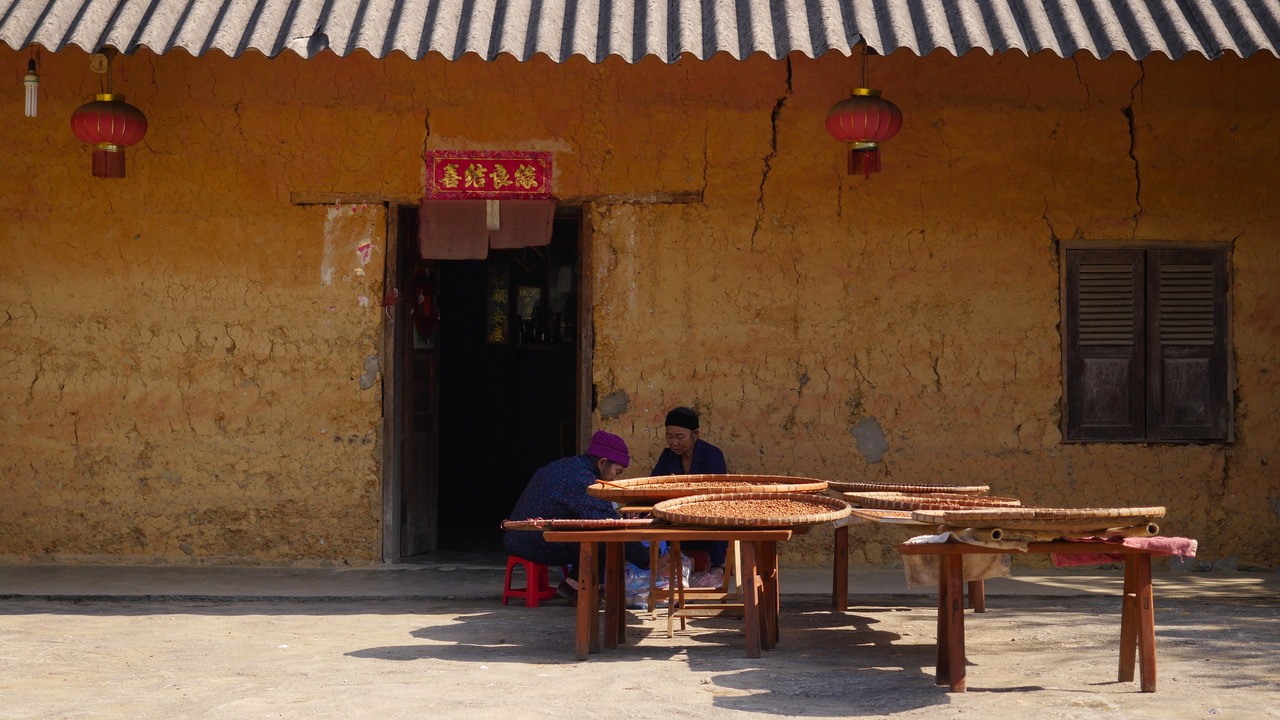
Vietnam is a fascinating country that promises you an unforgettable journey. It is also a country where you will encounter many cultural differences and will undoubtedly be disorientated. To make your stay as smooth as possible and so that you will not be destabilized, we offer you some cultural landmarks on Vietnamese customs and behaviours to adopt.
In Vietnam, the family is the pillar of society. Ties within the Vietnamese family are extremely strong and respect for elders is a fundamental value. It is common for several generations to live under the same roof so that children can take care of their parents.
The traditional family pattern is based on a patriarchal model, where the father is the head of the family. While this pattern tends to evolve with mentalities, the marital status remains a main feature of social status. So don’t be surprised if you are asked at the beginning of a conversation whether you are married or have children. Also, do not be offended if a negative answer from you causes astonishment or pity, as it is simply a model to which Vietnamese culture is still not very familiar, especially in rural villages.
Age is also a key element of social status. You will notice that Vietnamese people have a very codified way of addressing each other, depending on the age, gender, and status of the person they are talking to. While these terms and their subtleties can be difficult for outsiders to understand, always remember to address people older than you with respect. The question of age, for its part, is not taboo, so don’t be surprised if you are asked for your age, and don’t be embarrassed to ask your hosts’ age when you are staying with them.
In Vietnamese culture, reputation is essential. They must always look good and never lose face. Also, if you ask a question that someone cannot answer, a Vietnamese person may sometimes give you a false or wrong answer, because admitting a lack of knowledge could be tantamount to losing face. Similarly, in a conflict, do not get angry and do not raise your voice. You should not show your emotions because it is like losing face. By doing so, you will hurt the pride of your interlocutor and antagonise them.
When you enter someone’s home, and sometimes even shops or restaurants, it is customary to remove your shoes and leave them outside.
This rule also applies when you visit a temple or pagoda. In religious monuments, you will also be asked to wear decent clothing – shoulders and knees should be covered.
Although Vietnam is today an independent and united country, the 20th century brought its share of wars and difficult times for the Vietnamese people, and these events are still rooted in the collective memory. So, in order not to disrespect or shock, avoid taking pictures in places with a painful history, such as old prisons. As a general rule, if you want to take a picture of someone, always ask permission first.
Finally, Vietnamese customs are also based on many beliefs. You will see that the place of superstition is very strong in daily life and that Vietnamese tradition gives an important place to the meaning of numbers, symbols, legends, etc. Thus, when you eat, avoid placing your chopsticks vertically in your bowl of rice: the image is associated with those of the two incense sticks that are burned for the deceased and therefore has a gruesome connotation.





